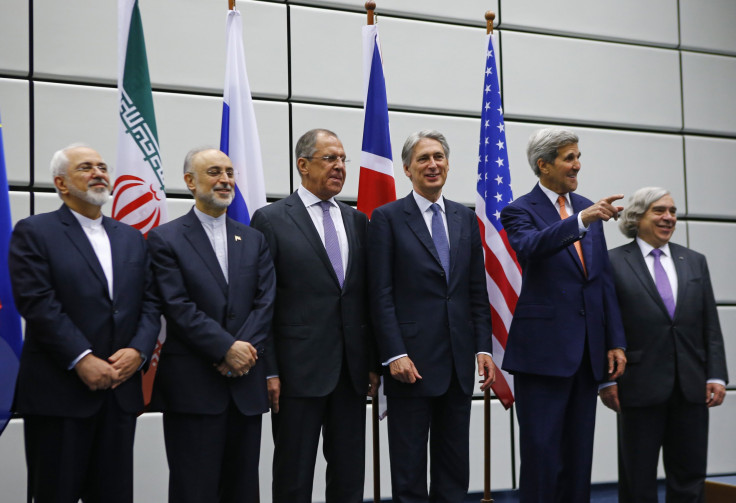Iran Nuclear Deal: Secret Side Agreement Could Threaten Obama's Nuke Deal

A previously secret deal between the International Atomic Energy Agency and Iran gives the Persian country the power to hire its own investigators and buy its own equipment to monitor a site where nuclear weapons production has been suspected. News of the deal, initially reported by the Associated Press, could put a cog in the Obama administration's efforts to rally support in Congress behind the broader Iranian nuclear agreement announced July 14.
The newly disclosed side agreement pertains to the Parchin nuclear site in Iran, a location that has been repeatedly tied to Iranian nuclear weapons aspirations and one where Iran allegedly has looked to whitewash evidence of activity. The Parchin agreement was negotiated by only IAEA officials and Iran, but it was supposedly OK'd by the Obama administration and the other negotiating partners on the overarching deal.
"President Obama boasts his deal includes ‘unprecedented verification.’ He claims it’s not built on trust. But the administration’s briefings on these side deals have been totally insufficient – and it still isn’t clear whether anyone at the White House has seen the final documents," said Speaker of the House John Boehner, R-Ohio, in a press release. "The American people and their representatives in Congress have serious questions about whether this nuclear agreement will keep our country safe, and it’s time for this administration to provide honest answers."
The language of the side agreement reported by the Associated Press seems to indicate that United Nations investigators will not actually visit the Parchin site. The main thrust of the nuclear agreement negotiated is aimed at current nuclear enrichment facilities, though Parchin reportedly has been shut down for quite some time.
Boehner and many congressional Republicans have long been opposed to the Obama administration's deal with Iran. With control of both chambers in the Capitol, they spearheaded an effort to require a vote on the agreement. Some high-profile Democrats, however, recently have turned their back on the president, leading to concerns that he has lost some sway over the issue within his party. Obama has promised to veto any "no" vote on his nuclear agreement. A veto override seemed unlikely before these recent revelations and it is not clear how on-the-fence Democrats will react to the news.
© Copyright IBTimes 2024. All rights reserved.






















